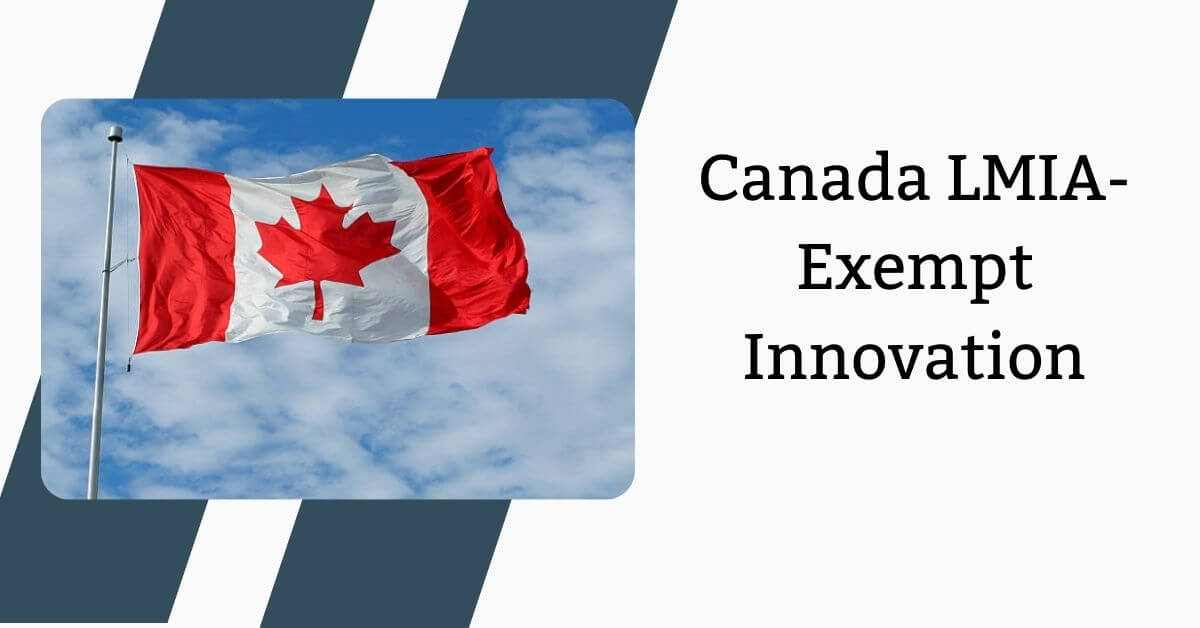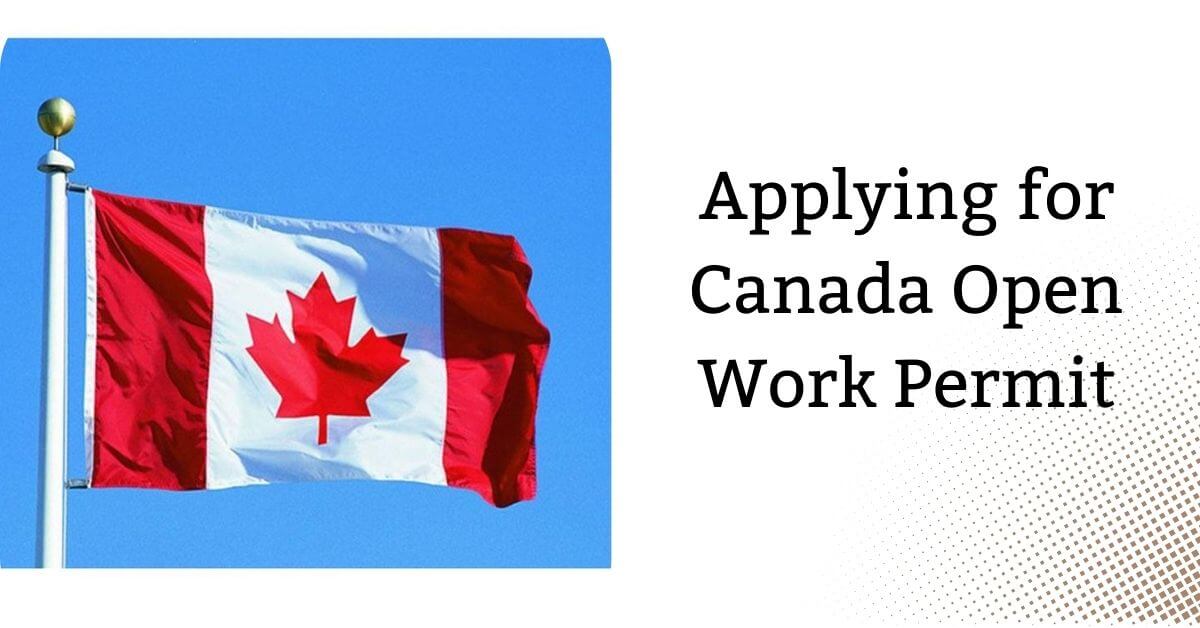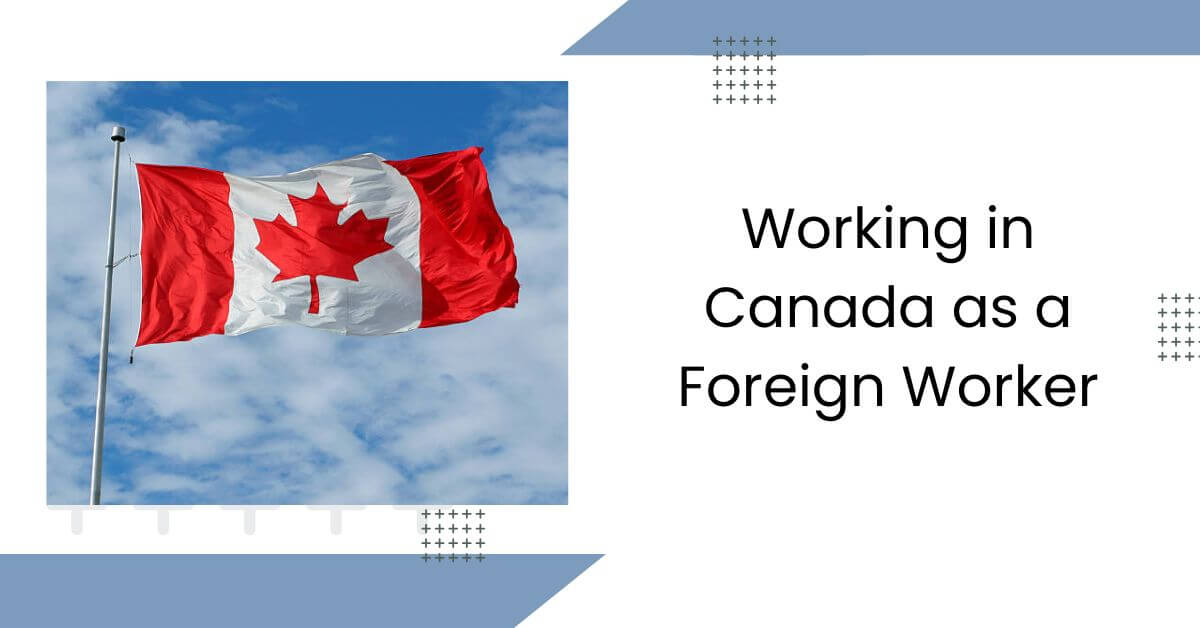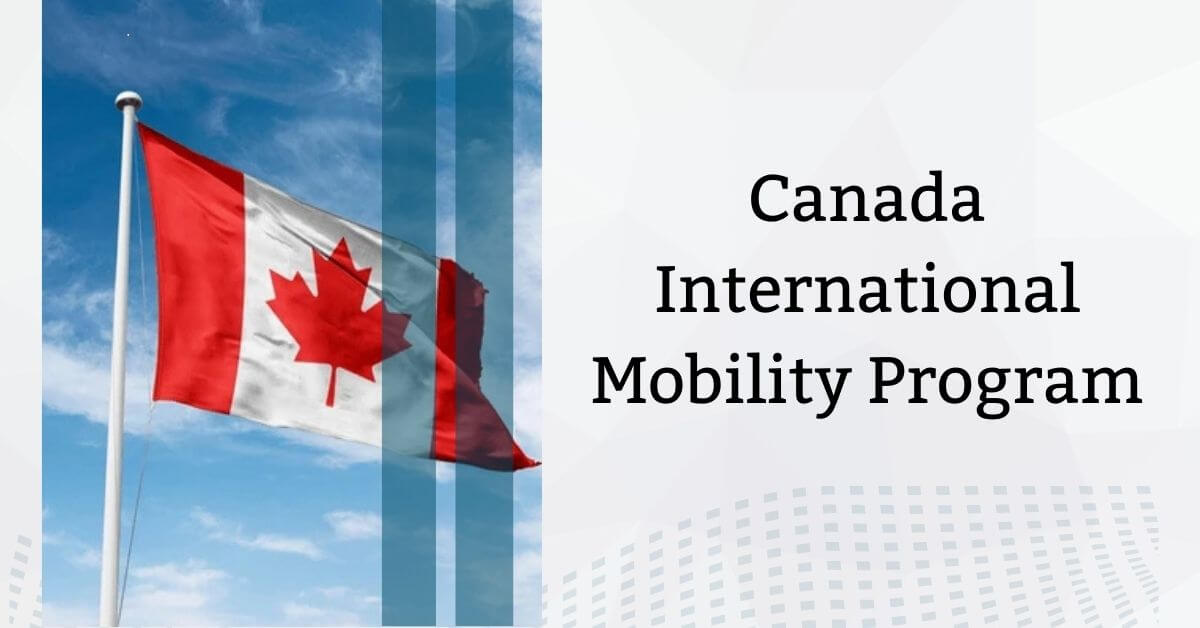Canada LMIA-Exempt Innovation programs create exciting opportunities for skilled professionals and entrepreneurs to work in Canada without the lengthy Labour Market Impact Assessment (LMIA) process. Salaries for these positions generally range between CAD 55,000 and CAD 90,000 per year, depending on the industry, role, and level of expertise.
Most opportunities under this category require relevant experience in technology, research, business development, or innovation-driven fields, making them ideal for highly skilled candidates. The jobs are usually full-time and may be on-site, remote, or hybrid, depending on the employer and the nature of the role. By focusing on sectors that drive growth and competitiveness, Canada’s LMIA-Exempt Innovation pathways allow international professionals to contribute their expertise while enjoying a smooth entry into the Canadian workforce.
Who is eligible for Innovation Work Permit?
You must fulfill certain requirements in order to be eligible for the Innovation Work Permit. A job offer from a corporation involved in the Global Hypergrowth Project is the first requirement. Your profession must fall under one of the high-skilled employment categories (levels 0, 1, 2, or 3) of the National Occupational Classification (NOC).
You can qualify for even quicker work permit processing if your NOC is 0 or 1. In just two weeks, you may be in Canada!
Job Offers and Employment Contracts:
To obtain an Innovation Work Permit, you must first obtain employment with a GHP organization. On the company’s website, qualified applicants can view available vacancies. Verify that the employment offer satisfies the requirements of any applicable collective bargaining agreement or is at the going rate for your profession.
A thorough employment contract should be drafted for a maximum of five years after a job offer is accepted. The terms and conditions of your employment, including pay, benefits, job responsibilities, and termination provisions, are described in this legal instrument. Verify that the terms of your job contract adhere to Canadian labor and immigration regulations.
Check Also: Latest LMIA-Exempt Jobs in Canada
List of Canada LMIA-Exempt Innovation:
IT Professionals:
IT Professionals in Canada are in high demand across various industries, including software development, cybersecurity, cloud computing, and network administration. Candidates typically require a bachelor’s degree in computer science, IT, or a related field and 2 to 5 years of relevant experience. Responsibilities include developing software solutions, managing networks, implementing security protocols, and supporting IT infrastructure.
IT Professionals in Canada can earn between CAD 70,000 and CAD 120,000 per year, depending on experience and specialization. Many employers also offer benefits such as health insurance, professional training, and opportunities for career advancement.
Engineers:
Engineers in Canada are needed across sectors including civil, mechanical, electrical, and software engineering. Candidates usually require a bachelor’s or master’s degree in engineering and 3 to 7 years of professional experience, depending on the role. Responsibilities include designing, testing, and implementing engineering solutions, managing projects, and ensuring compliance with safety and quality standards. Engineers in Canada earn between CAD 75,000 and CAD 130,000 per year, with additional perks such as performance bonuses, professional development, and health benefits.
Researchers:
Researchers in Canada play a critical role in academic institutions, private companies, and government organizations. Candidates typically require a master’s or doctoral degree in their field and 2 to 6 years of research experience. Responsibilities include conducting experiments, analyzing data, publishing findings, and contributing to innovation and development. Researchers in Canada earn between CAD 60,000 and CAD 110,000 per year, depending on experience, sector, and funding. Many positions also offer research grants, professional development opportunities, and collaborative projects.
Benefits of Canada LMIA-Exempt Innovation:
- Faster Hiring Process: Employers can bring in skilled foreign workers more quickly since the Labour Market Impact Assessment (LMIA) is not required.
- Access to Global Talent: Companies gain the ability to recruit top professionals, researchers, and innovators from around the world.
- Support for High-Demand Sectors: LMIA exemptions focus on industries like technology, healthcare, and research that drive Canada’s economic growth.
- Reduced Administrative Burden: Employers save time and costs by avoiding the lengthy LMIA process, making recruitment more efficient.
- Opportunities for Skilled Workers: Foreign professionals benefit from smoother entry into Canada’s workforce with fewer barriers.
- Pathway to Permanent Residency: Many LMIA-exempt jobs can lead to work permits that qualify for Canadian permanent residency programs.
- Boost to Canada’s Innovation Economy: These exemptions encourage knowledge-sharing, research collaboration, and long-term economic competitiveness.
How to apply for Canada LMIA-Exempt Innovation?
The Innovation Work Permit application process is simple. You must meet the qualifying requirements and have a job offer from a GHP employer. After you’ve done that, you can use the IRCC account portal to submit your application online.
What are the Designated Employers under the Innovation Stream Pilot?
The following employers are accepting applications for the Global Hypergrowth Project.
Employer Requirements and Benefits:
Employers must demonstrate that they are a high-growth organization in order to be eligible to participate in the Innovation Stream Pilot. Faster recruiting procedures, access to a worldwide talent pool, and possible government assistance for long-term growth are just a few of the many benefits the program provides to these companies.
Participating businesses can boost their competitiveness, encourage innovation, and make a substantial contribution to Canada’s economic growth by luring top-tier foreign talent.
Conclusion:
Canada’s LMIA-exempt innovation pathways create valuable opportunities for employers and skilled professionals to collaborate without the lengthy Labour Market Impact Assessment process. By supporting innovative sectors, research, and high-demand industries, these exemptions allow Canada to attract top global talent more efficiently. For qualified workers, it opens the door to exciting career prospects, while employers benefit from quicker hiring processes that help drive growth and competitiveness in Canada’s innovation-driven economy.
Frequently Asked Questions:
-
What does LMIA-exempt mean in Canada?
It means employers can hire foreign workers without going through the Labour Market Impact Assessment process.
-
Who qualifies for LMIA-exempt innovation jobs in Canada?
Highly skilled professionals, researchers, and workers in sectors that support Canada’s innovation and economic growth may qualify.
-
What are the benefits of LMIA-exempt innovation pathways?
They allow faster hiring, attract global talent, and create more opportunities for skilled workers to contribute to Canada’s innovative industries.






